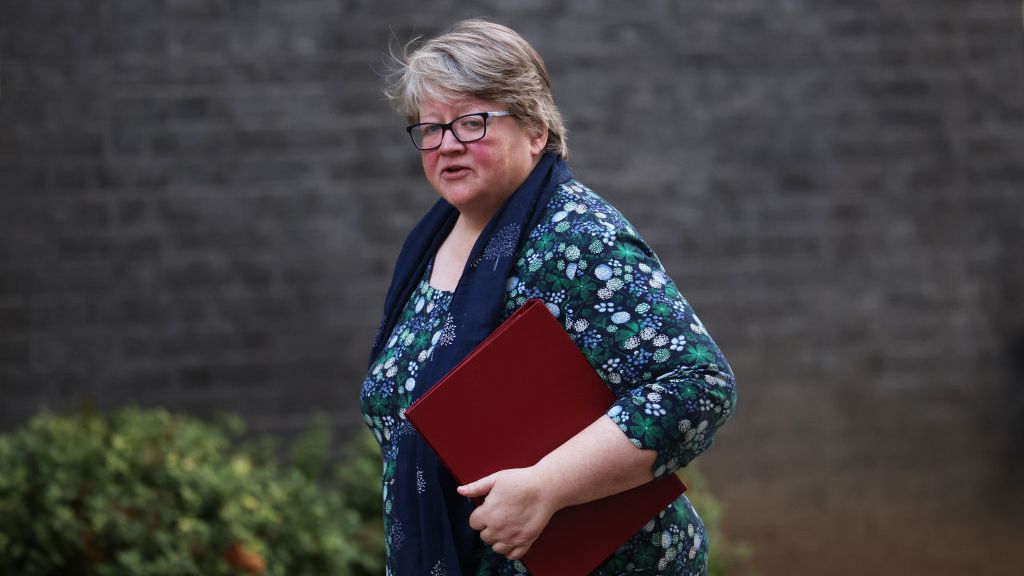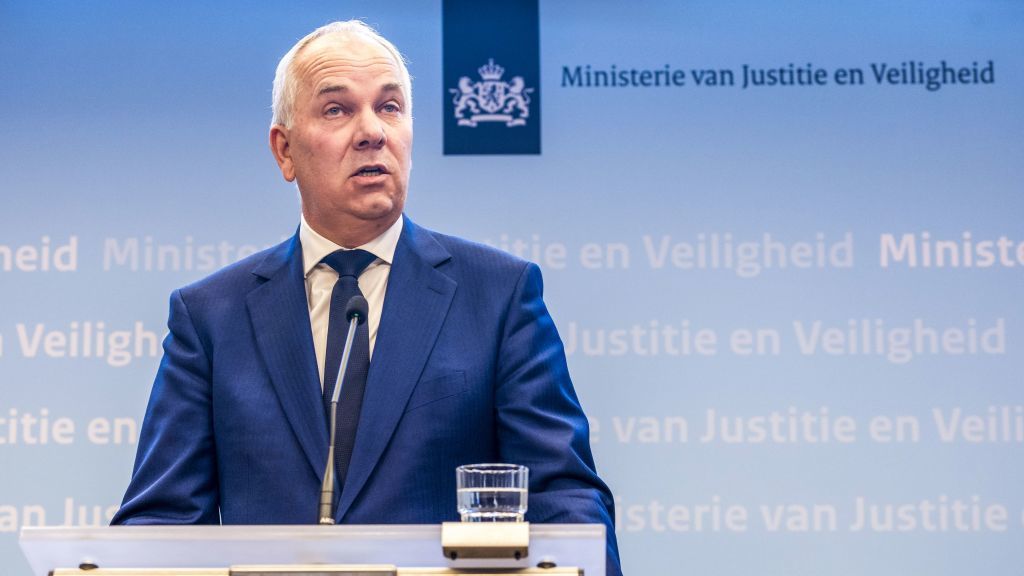Privacy groups back calls for "Snooper's Charter" rethink
Joint Committee's report into Communications Data Bill calls for "significant" amendments, much to the delight of industry watchers.

Privacy campaigners have thrown their weight behind the conclusions of a new Joint Committee report into the controversial Communications Data Bill, which claims the proposals need to be "significantly amended."
Dubbed the "Snooper's Charter", the aim of the Bill is to provide law enforcement agencies, such as GCHQ, with access to communications data to help detect criminal activity.
The committee has exposed weak evidence, misleading statements and fanciful figures.
A draft version of the Bill was published in June, and since then its contents has been picked over by a 12-strong Joint Committee, who released a report earlier today calling for the Bill to be overhauled.
The group has taken issue with the Bill's first clause, which would give the Home Secretary powers to order any kind of communications data including emails and internet history to be retained by service providers.
"The Joint Committee believes that if Clause 1...is narrowed, and safeguards are put in place to ensure any new powers are not abused, a new Bill could be introduced," said the group in a statement.
"It would both allow the security services, law enforcement agencies and a few other public authorities access to the data they need to protect and serve UK citizens without trampling on [their] privacy...This is something the current draft Bill does not achieve."
Get the ITPro daily newsletter
Sign up today and you will receive a free copy of our Future Focus 2025 report - the leading guidance on AI, cybersecurity and other IT challenges as per 700+ senior executives
The committee also demands the range of public bodies authorised to access communications data be narrowed, and that the Government seeks further advice on the Bill's content before it is pushed through.
Other recommendations made by the committee include making the misuse of communications data a specific offence, and that a thorough cost analysis around the Bill's implementation be carried out.
Lord Blencathra, chair of the Joint Committee, said there is clearly a case for the legislation, but it needs to strike a better balance between the needs of law enforcement agencies and the right to privacy.
"The breadth of the draft Bill as it stands appears to be overkill and is much wider than the specific needs identified by the law enforcement agencies," said Blencartha.
"We urge the Government to reconsider its zeal to future-proof legislation and concentrate on getting the immediate necessities right."
Industry approval
The Joint Committee's feedback has been broadly welcomed by industry watchers and privacy campaigners.
Although some claim its findings expand little on the concerns tech experts and civil rights groups have previously raised about the proposed legislation.
Alexander Hanff, managing director of campaign group Think Privacy, described the Bill as a "legislative red herring" that is unlikely to improve the crime fighting abilities of enforcement bodies.
"Politicians need to understand that any law drafted to gather intelligence from online communications is easily circumnavigated through the use of encryption," he told IT Pro.
"Criminals, terrorists and paedophiles already know this and use not just encryption but other ways of making their communications untraceable, so introducing interception laws is the equivalent of trying to use a shovel to stop an avalanche," he said.
Hanff claimed the likely beneficiaries of this Bill will be the makers of surveillance technology.
"[They] stand to generate billions in revenue from these laws and their access to Whitehall...[and we must be protected] from further attempts to introduce such draconic legislation in future," he added.
-
 Should AI PCs be part of your next hardware refresh?
Should AI PCs be part of your next hardware refresh?AI PCs are fast becoming a business staple and a surefire way to future-proof your business
By Bobby Hellard Published
-
 Westcon-Comstor and Vectra AI launch brace of new channel initiatives
Westcon-Comstor and Vectra AI launch brace of new channel initiativesNews Westcon-Comstor and Vectra AI have announced the launch of two new channel growth initiatives focused on the managed security service provider (MSSP) space and AWS Marketplace.
By Daniel Todd Published
-
 The UK cybersecurity sector is worth over £13 billion, but experts say there’s huge untapped potential if it can overcome these hurdles
The UK cybersecurity sector is worth over £13 billion, but experts say there’s huge untapped potential if it can overcome these hurdlesAnalysis A new report released by the DSIT revealed the UK’s cybersecurity sector generated £13.2 billion over the last year
By Solomon Klappholz Published
-
 "Thinly spread": Questions raised over UK government’s latest cyber funding scheme
"Thinly spread": Questions raised over UK government’s latest cyber funding schemeThe funding will go towards bolstering cyber skills, though some industry experts have questioned the size of the price tag
By George Fitzmaurice Published
-
 Threat of cyber attacks to national security compared to that of chemical weapons
Threat of cyber attacks to national security compared to that of chemical weaponsNews The UK government has raised the threat level posed by cyber attacks, deeming it greater on average than an event such as the Salisbury poisoning
By Rory Bathgate Published
-
 2022 Public Sector Identity Index Report
2022 Public Sector Identity Index ReportWhitepaper UK Report
By ITPro Published
-
 UK and Japan strike digital partnership to collaborate on IoT security, semiconductors
UK and Japan strike digital partnership to collaborate on IoT security, semiconductorsNews The two countries are also set to align their approaches to digital regulation to make it easier for companies to operate in each nation
By Zach Marzouk Published
-
 Defra's legacy software problem 'threatens' UK gov cyber security until 2030
Defra's legacy software problem 'threatens' UK gov cyber security until 2030News The department spends over two-thirds of its digital budget on maintaining the risky applications, with no plan in place for a fix within the decade
By Rory Bathgate Published
-
 Netherlands urges citizens to prepare survival kits in case hackers target critical infrastructure
Netherlands urges citizens to prepare survival kits in case hackers target critical infrastructureNews The latest campaign from the national coordinator for security echoes the growing concern in the UK government over serious cyber attacks
By Zach Marzouk Published
-
 35 cyber startups join largest UK government-backed accelerator
35 cyber startups join largest UK government-backed acceleratorNews The startups will benefit from business masterclasses, mentoring and engineering support, and technical product development support
By Zach Marzouk Published